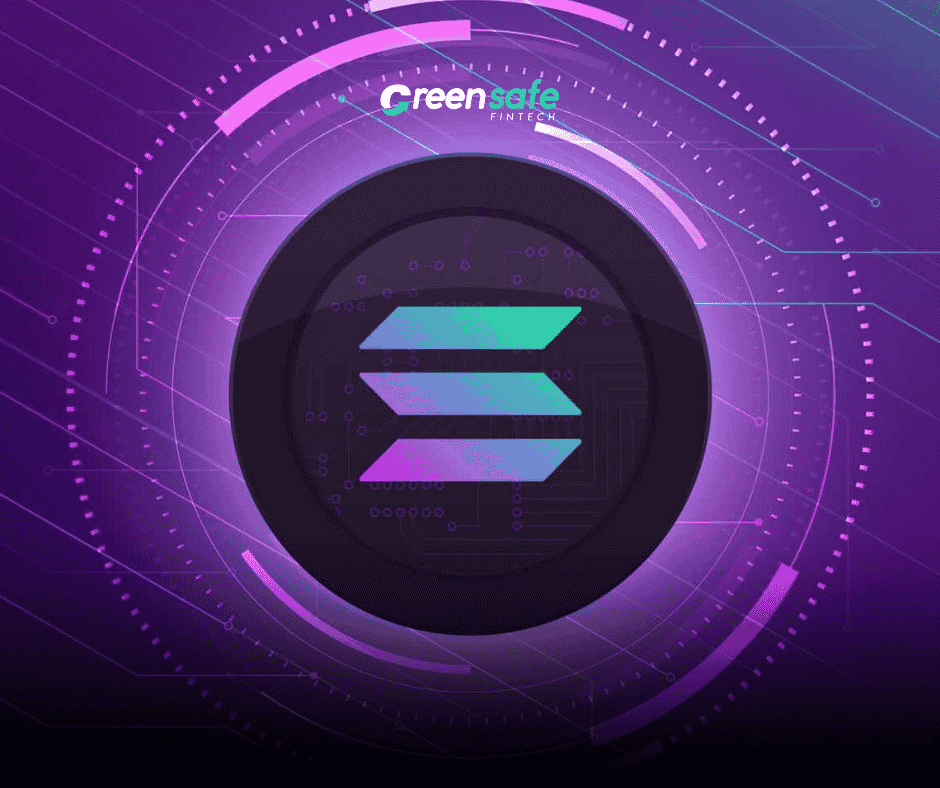On-chain investigator ZachXBT has uncovered a major Bitcoin hack involving the transfer of 3,520 BTC, valued at approximately $330.7 million, in what appears to be a sophisticated theft and laundering operation. The suspicious transaction was flagged on April 28, with funds moved from a potential victim’s wallet to the address bc1qcry…vz55g.
Shortly after the transfer, the stolen Bitcoin was rapidly moved through six different instant exchanges and swapped into privacy-centric cryptocurrency Monero (XMR), making the trail significantly harder to follow.
This sudden demand caused a sharp 50% spike in Monero’s price, with XMR reaching an intraday high of $339, according to CoinMarketCap. At the time of writing, Monero has cooled slightly but remains up 25% in the past 24 hours, trading at around $289.
Who’s Behind the Bitcoin Hack?
When questioned about potential involvement from North Korea’s Lazarus Group, ZachXBT dismissed the idea, suggesting that the hack was more likely carried out by independent actors rather than state-sponsored groups.
Meanwhile, Chainalysis reinforced that despite concerns about the rising use of privacy coins among cybercriminals, mainstream cryptocurrencies like Bitcoin, Ethereum, and stablecoins are still the preferred choice for illegal transactions.
“Privacy coins offer anonymity but come with liquidity challenges and limited exchange access,” Chainalysis explained, noting that many major platforms have delisted assets like Monero to curb illicit activity.
Even so, blockchain transparency allows law enforcement agencies to trace and recover stolen funds, regardless of whether privacy-focused cryptocurrencies are used.
In a related development, a leaked Chainalysis video from 2024 hinted that Monero transactions may be traceable, citing methods involving “malicious nodes” that tracked XMR movements as far back as 2021.
Monero’s Growing Retail Adoption
Interestingly, this potential laundering case comes just as Monero sees increasing legitimate adoption. Two Spar supermarket locations in Switzerland recently started accepting XMR payments. The rollout, made possible through partnerships with DFX Swiss and OpenCryptoPay, adds another layer of mainstream legitimacy to Monero.
One customer shared their experience on April 25, highlighting a purchase of organic cacao at a Spar store in Kreuzlingen using XMR.
Spar’s crypto journey began in April 2025 when it introduced Bitcoin Lightning Network payments at select outlets in Zug, Switzerland.











